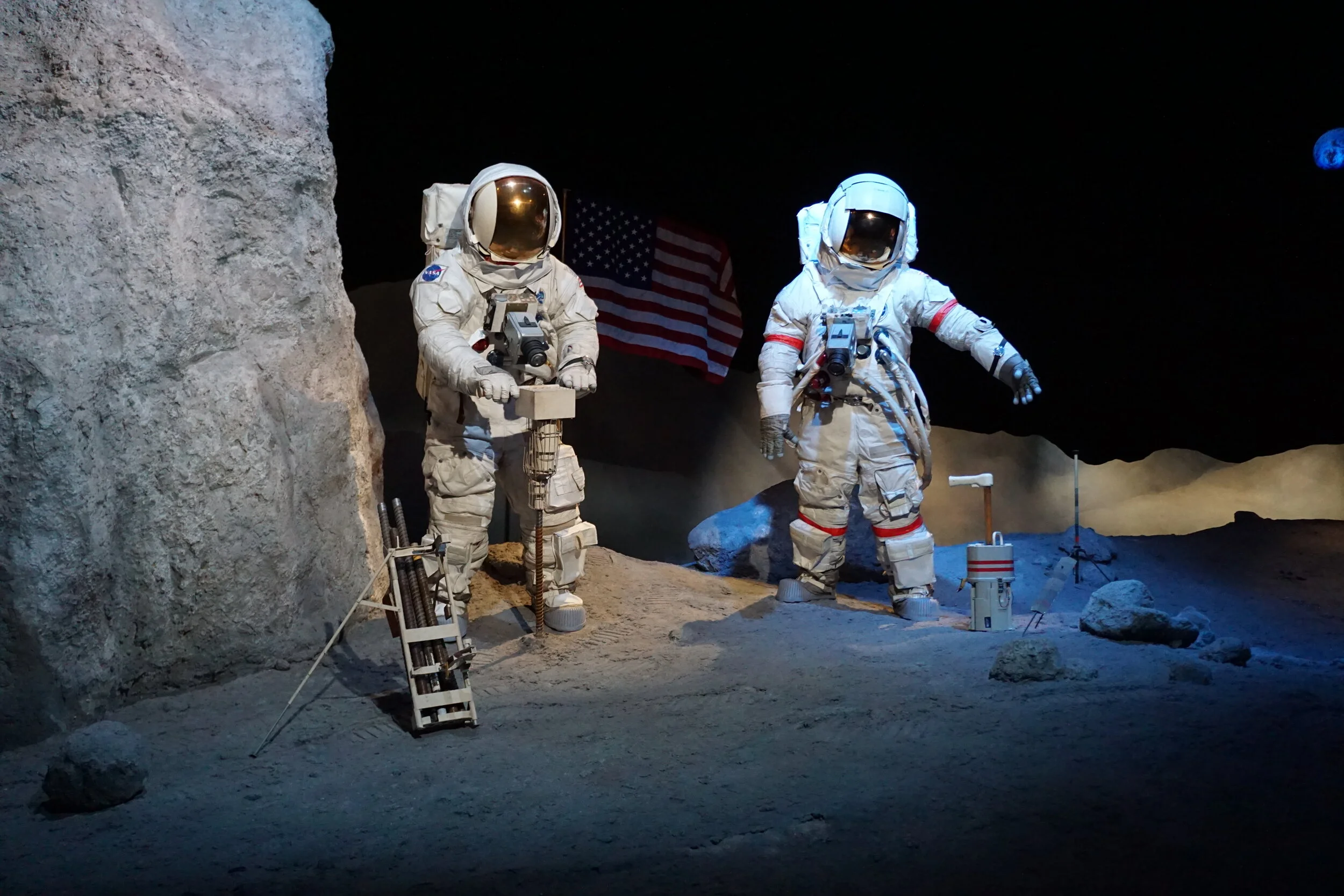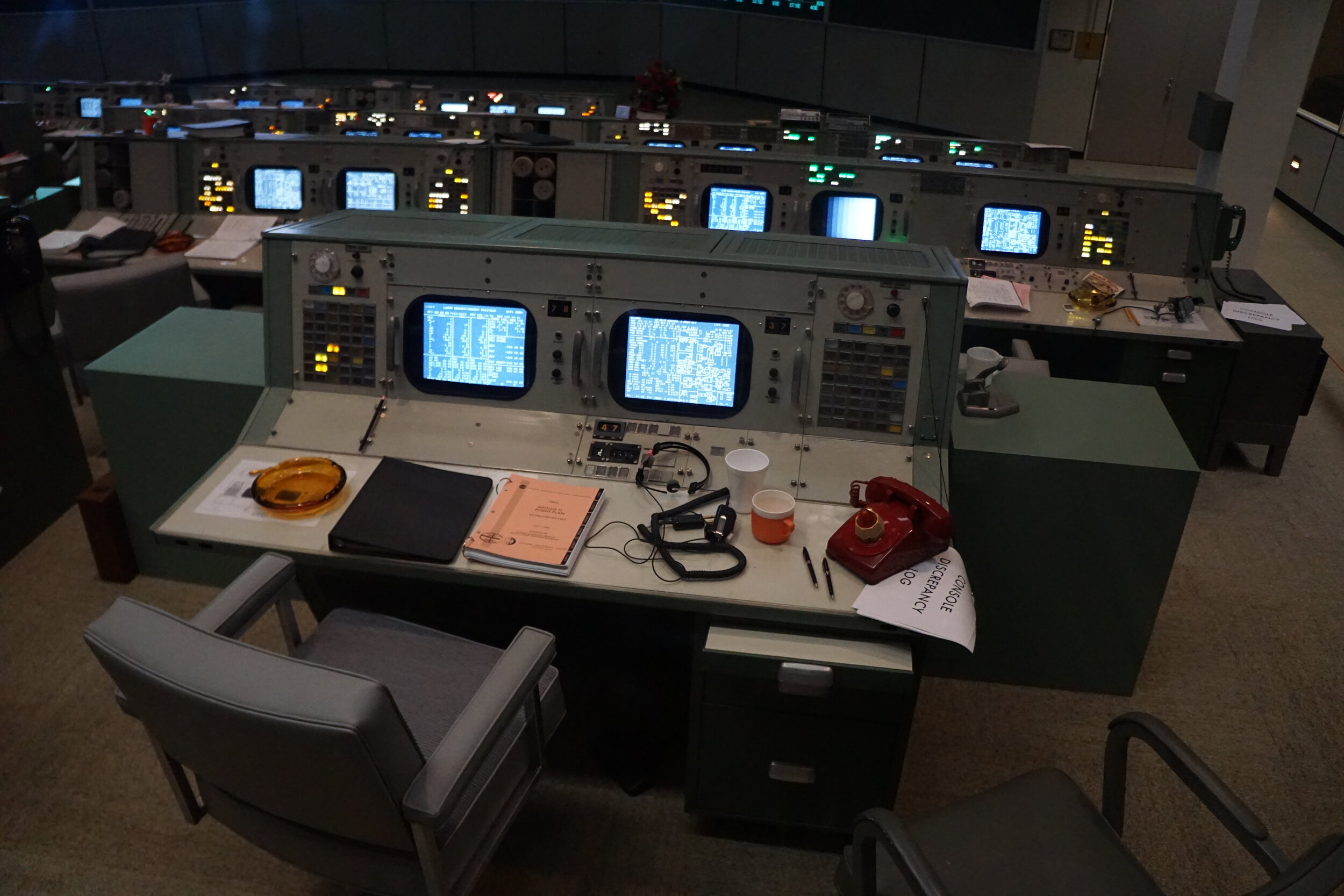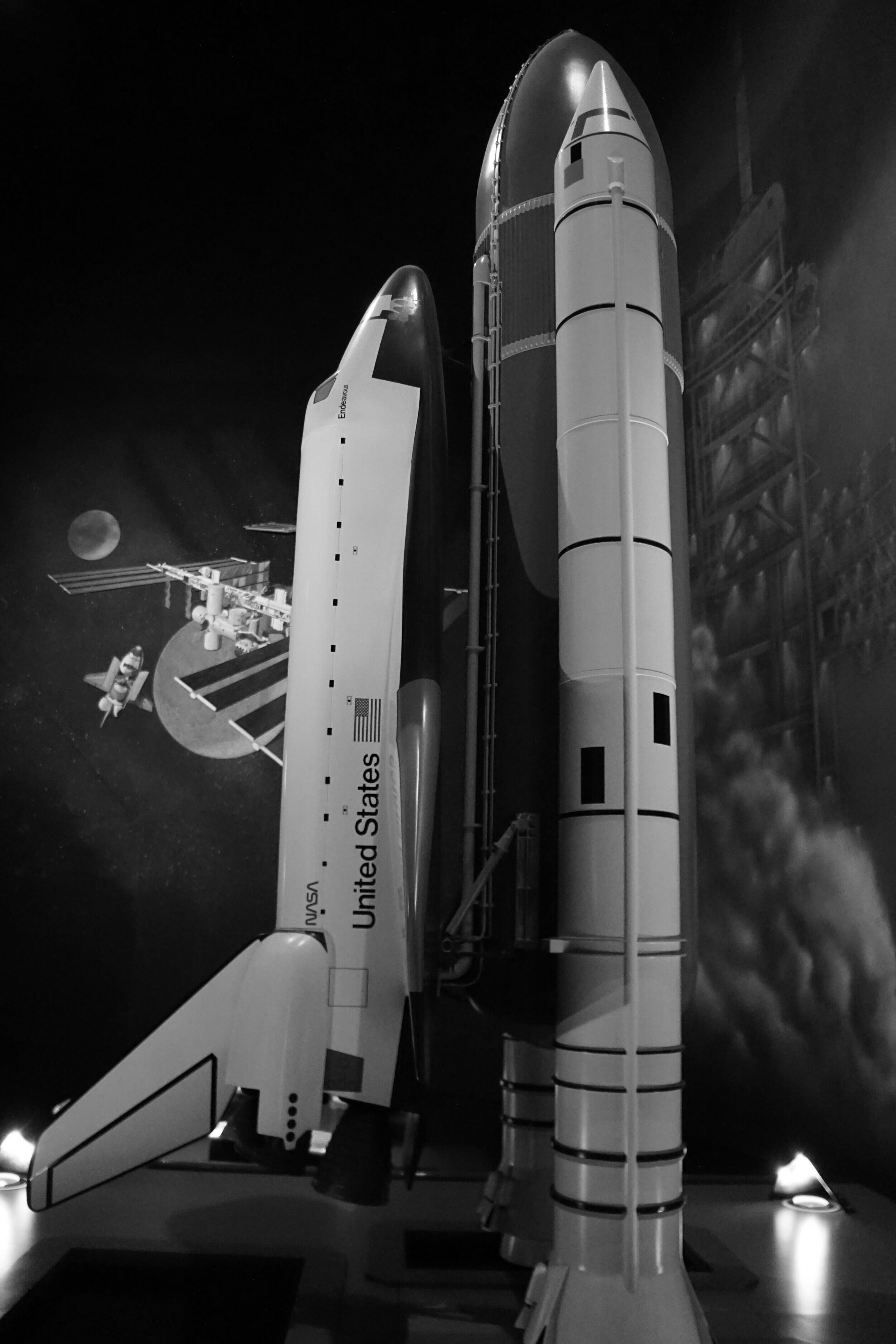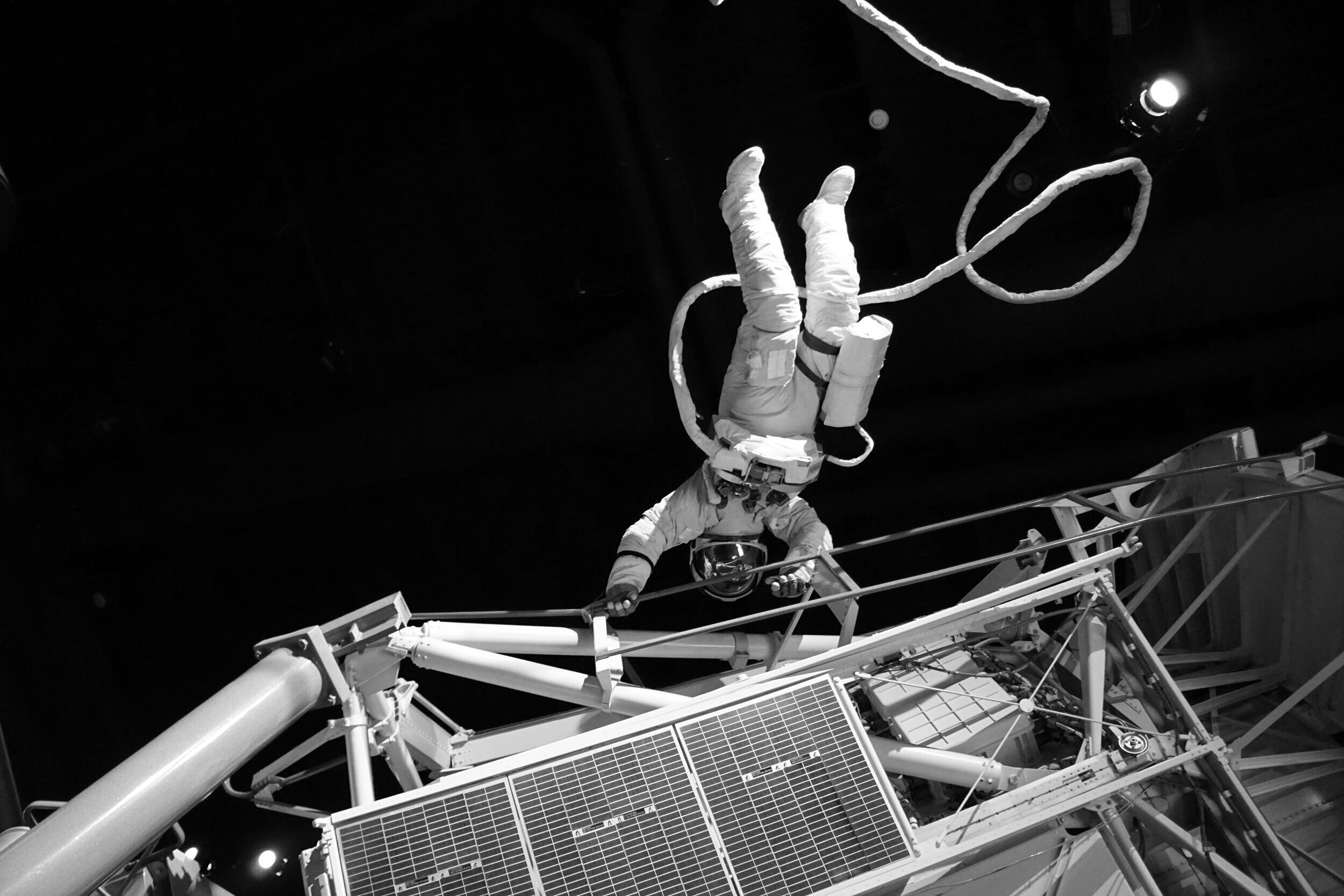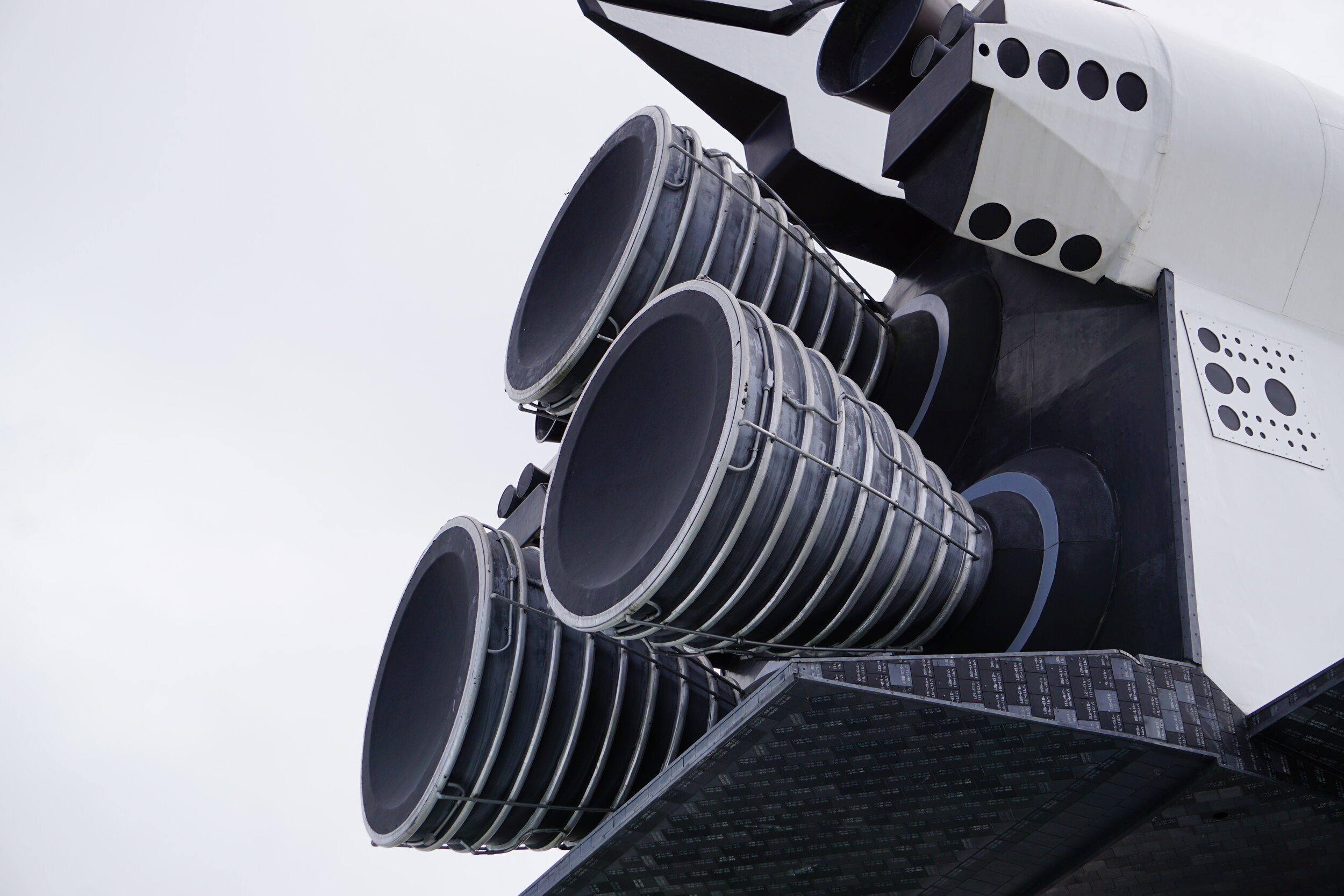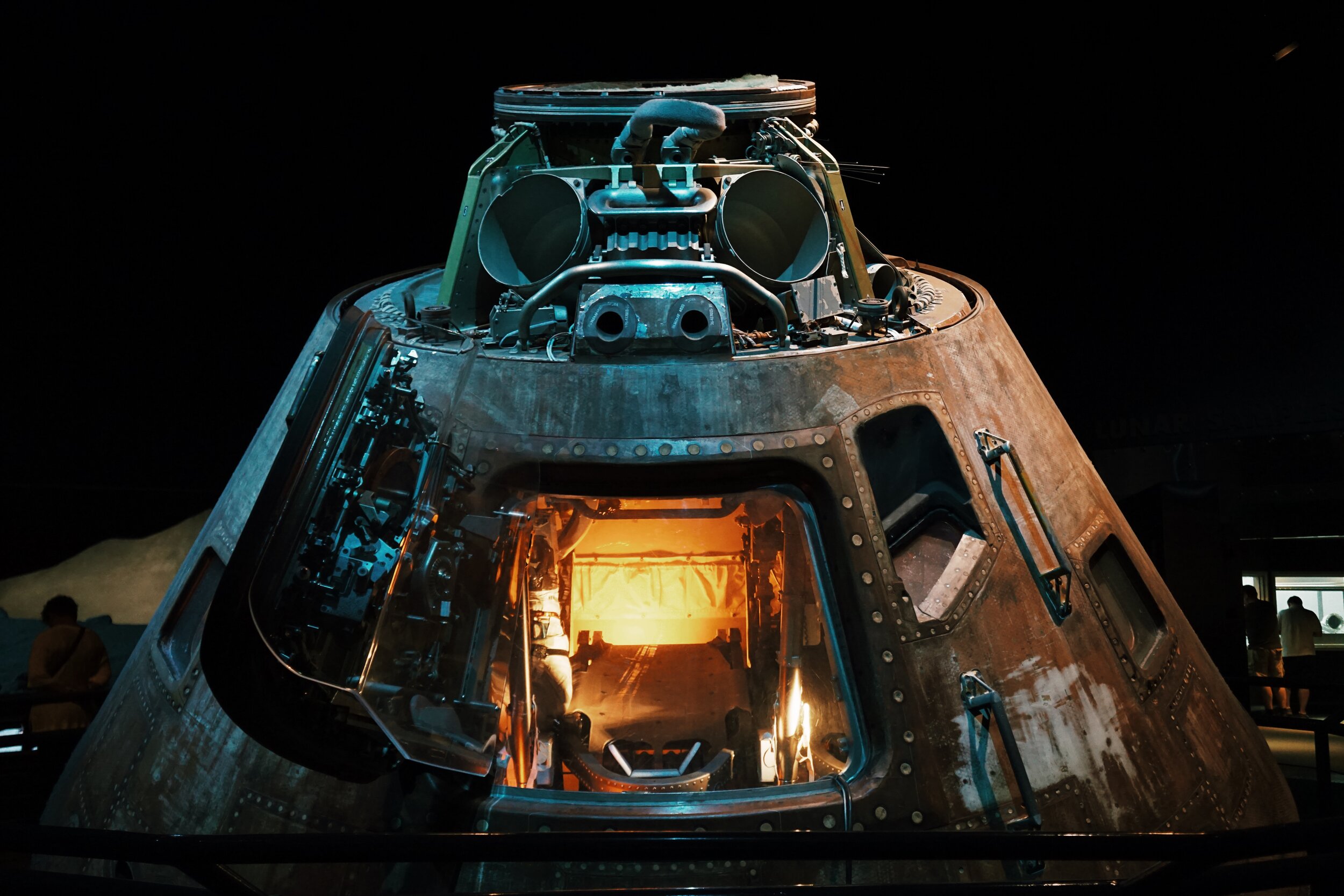Apollo Bibliography
Armstrong and Aldrin by Jowanza Joseph
Intro
Early in 2019, I watched the Apollo 11 Documentary. For an hour and a half, I was glued to the screen and slowly fell in love with space exploration. Since that day, I've spent countless hours reading books, watching documentaries, flying model rockets, and talking to whoever would listen about the wonder of Apollo. Sometime after seeing Apollo 11, someone introduced me to an Apollo bibliography. After reading it and bookmarking some of the resources, I decided I would write my own before the year ended. I hope you enjoy it!
Books
Digital Apollo: Human and Machine in Space Flight
Digital Apollo covers the computing and human-computer interfaces required to enable the human-space flight to the moon and back. The author goes into great depth on the propulsion systems and the computer systems that made Apollo possible. While you can read it from front to cover, I've treated it as a reference book since.
The LEM by Bethany Joseph
A Man on the Moon: The Voyages of the Apollo Astronauts
This book isn't my favorite overview of the Apollo Missions, but it is a thorough one. The book focuses on the astronauts and mission logistics, versus the political and economic factors of Apollo. This book provides an important balance and human touch missing from some of the other Apollo Mission accounts.
One Giant Leap: The Impossible Mission That Flew Us To The Moon
One Giant Leap is the best book I've read that covers the historical backdrop and the scientific accomplishments of the Apollo Missions. The author is masterful at walking through the implications of governmental policy and scientific breakthroughs and connecting them to Apollo. If you only read one book about Apollo, I'd recommend this one.
Apollo 8: The Story of the First Mission to the Moon
While Apollo 11 was the first Apollo mission to land on the moon, Apollo 8 was the first to enter lunar orbit. The uncertainty and complexity in just getting to Lunar orbit were palpable, and this book goes into unprecedented depth on the mission. I think this book is underrated in the collection of Apollo books.
Thirteen: The Apollo Flight That Failed
Apollo 13 astronauts didn't land on the moon, and the Astronauts on Apollo 13 would never get a chance to land on the moon again in their lives. It's easy to think of Apollo 13 as a failure; however, the mission showed the resilience of the astronauts, the ingenuity of mission control, and the quality of engineering on the Command Module. This book covers these aspects and more in great detail.
Failure is Not an Option: Mission Control from Mercury to Apollo 13 and Beyond
Mission Control remains a critical element of space exploration today. Perhaps the ultimate display of the power of Mission Control was the Apollo Missions. This book covers the logistics of Mission Control, critical figures in the design and implementation, and the success stories during the Apollo Missions.
Mission Control by Bethany Joseph
Film
As I mentioned in the intro, Apollo 11 was a life-changing experience for me. One of the worst aspects of documentaries is the narrative they shape. When the story works, you get an excellent documentary. When it doesn't, you get a miserable one. Apollo 11 is a compilation of the launch, moon landing, and return of the Apollo 11 Astronauts. I had goosebumps the entire time watching it. I think everyone should see it.
I've had many opportunities to watch Apollo 13, but I've never cared to watch it until 2019. The trailer looks so corny, and the reviews are somewhat mixed. I'm happy this movie exists because it takes failure and turns it into an entertaining and informative 2 hours. The film shows the living conditions for astronauts on the Apollo missions and helps the viewer feel the weight of the Apollo 13 failure. It also has the bonus of being one of Tom Hanks's better performances.
First Man is a (mostly) historically accurate movie about the life of Neil Armstrong, ending with the Apollo 11 moon landing. Overall, First Man is a good movie, the place where it isn't so good is the feeling of heaviness you get watching the film. From all the books I've read and documentaries I've seen, I can't imagine Neil Armstrong was an insufferable and devoid of happiness as depicted in this movie by Ryan Gosling. That said, the number of launches and historically crucial moments covered in the film make it a worthy watch.
Astronaut by Bethany Joseph
The Last Man on the Moon provides some coverage of the last moon landing (Apollo 17) and Eugene Cernan's experience. One of the things I like the most about this documentary is the coverage of the Lunar Rover, which wasn't present on earlier Apollo Missions. The documentary also covers to toll that Cernan's marriage suffered because of his pursuit of a moon landing.
Mission Control: The Unsung Heroes of Apollo
2019, the 50th anniversary of Apollo 11 brought a renewed focus on the importance of Mission Control for the Apollo Missions. This documentary covers the importance of Mission Control and outlines crucial moments where the mission would have gone sideways without skilled people on the ground.
While not quite life-altering, Chasing the Moon is an incredible documentary. It's about 7 hours long, so don't expect to sit through it in one day. It covers the politics, technology, and socioeconomic climate around the Apollo Missions. It also spends a decent amount of time covering the aftermath of the Missions and the lack of consequential space exploration since then.
Saturn V by Bethany Joseph
Articles
This computer changed the world—and you’ve never heard about it
The Apollo Missions would have been impossible without the hardware and software that controlled the propulsion, guidance, electrical, and life-sustaining subsystems on the command module. While Digital Apollo covers these systems in-depth, this article is a bit more approachable to someone casually interested in the topic.
How Nasa Broadcast Neil Armstrong Live from the Moon
The Apollo moon landings were all broadcasted on television, and some may wonder how in 1969 broadcasting audio, let alone footage from the moon, was possible. This article covers that topic in enough detail for the curious without getting overly explicit on radio communications.
Software woven into wire: Core rope and the Apollo Guidance Computer
Core Rope Memory is a form of read-only memory used in the Apollo Guidance Computer. This article goes into some detail about the use and limitations of core rope memory as well as the patterns and techniques used to weave the rope into the Apollo Guidance Computer.
Countdown to a new era in Space
National Geographic has a beautiful and informative piece on the Apollo Missions and what the next 50 years of space travel will bring. It's a long read with a ton of graphics, so make sure you have some time before digging into it.
Apollo Waste Management System
If you're curious about waste management on Apollo, this is an official document with pictures and diagrams. Surprisingly, the books I read on Apollo don't go into much detail on this subject. Perhaps to spare the reader the details of urinating in deep space.
Extra Credit
If you want to experience Apollo 11 launch and landing with all the original audio, look no further. If you're concerned about the time commitment, you can skip to the launch and landing phases.
This podcast is about the period 13 minutes before Neil Armstrong, and Buzz Aldrin landed the LEM on the surface of the moon. Using the backdrop of that 13 minutes, the host explores the systems used, the successes and failures of the Apollo program, and the engineering required to make Apollo successful. The host does an incredible job narrating through the complexities of Apollo and interviewing people who participated in all aspects of the Apollo program. These facts, plus incredible podcast music, made this my favorite podcast of the year.
Space Center Houston Photos
I visited Space Center Houston in October and spent a full day there. I took a bunch of pictures, here are some of my favorites.

